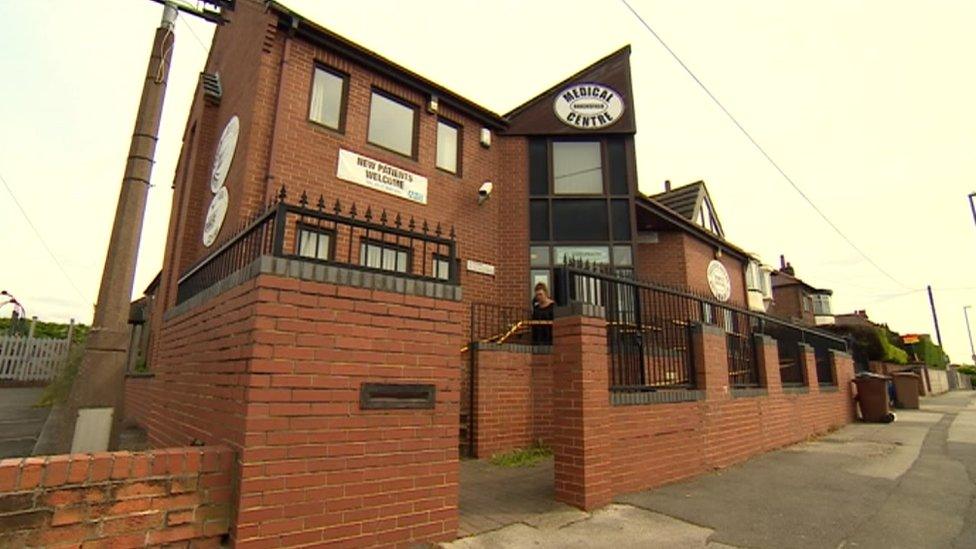Iceland's mooted circumcision ban sparks religious outrage
- Published
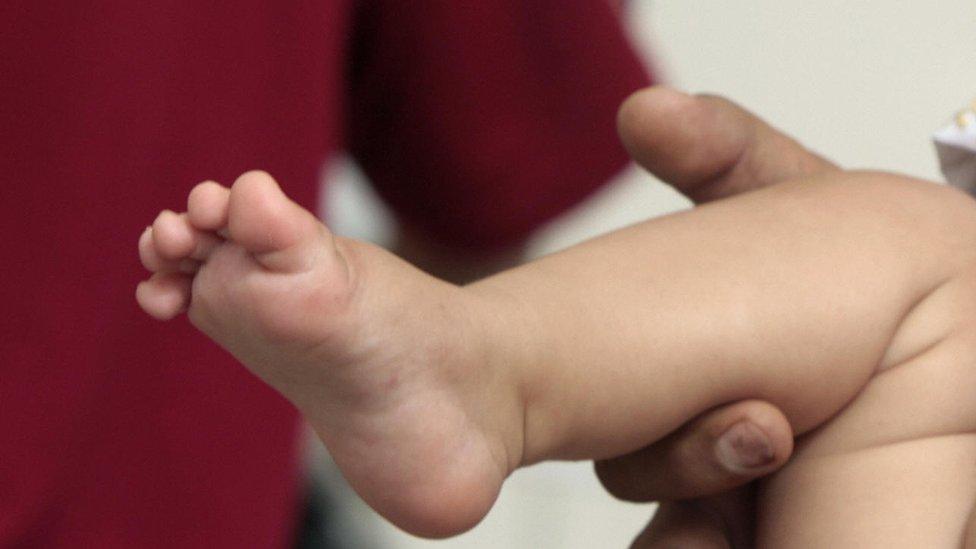
Religious groups have condemned a bill in Iceland's parliament that would ban circumcision for non-medical reasons.
The draft law would impose a six-year prison term on anyone guilty of "removing part or all of the [child's] sexual organs", arguing the practice violates the child's rights.
Jewish and Muslim leaders however have called the bill an attack on religious freedom.
Iceland would be the first European country to ban the procedure.
The country is thought to have roughly 250 Jewish citizens and around 1,500 Muslim citizens.
Why is the bill being introduced?
MP Silja Dögg Gunnarsdóttir of the Progressive Party, who introduced the bill at the start of the month, said: "We are talking about children's rights, not about freedom of belief.
"Everyone has the right to believe in what they want, but the rights of children come above the right to believe."
Iceland passed a law in 2005 banning female genital mutilation, and supporters of this move have compared it to that law.
If it passes its first reading, the draft law will go to a committee stage before it can come into effect.
What do religious groups say?
The Nordic Jewish Communities issued a statement, external condemning the ban on "the most central rite" in their faith.
"You are about to attack Judaism in a way that concerns Jews all over the world," the open letter reads.
Jewish campaign group Milah UK stated that comparisons with female genital mutilation are unwarranted, given that in the case of male circumcision there is "no recognised long-term negative impact on the child".
Imam Ahmad Seddeeq at the Islamic Cultural Centre of Iceland also criticised the move.
"It's... part of our faith," he said." It's something that touches our religion and I believe that this is... a contravention [of] religious freedom."
The Bishop of Reykjavik, Agnes M. Sigurðardóttir, warned Jewish and Muslim people could feel "unwelcome" in Iceland.
"The danger that arises, if this bill becomes law, is that Judaism and Islam will become criminalised religions," she said. "We must avoid all such forms of extremism."

Is circumcision safe?
By Michelle Roberts, BBC News Online health editor
Although it is a relatively simple medical procedure, circumcision is not entirely risk free.
Doctors may recommend that a man or boy is circumcised if he has an unusually tight foreskin, known as phimosis, or suffers from recurrent infections of the foreskin and penis, known as balanitis.
There is also some evidence that men who are circumcised have a lower risk of contracting HIV from HIV-positive female partners.
It is not clear if circumcision reduces the risk of other sexually transmitted infections too, but studies suggest it may lower the chance of catching genital warts caused by a family of viruses called HPV.
The main risks of the surgery are bleeding and infection.
In the UK, the chance of these occurring is between one in 10 and one in 50, according to the NHS website, external, although that is a figure for older boys and men, not the newborns who would be most affected by the Icelandic ban.

How do other countries compare?
Circumcision is legal throughout Europe, although the practice is becoming more controversial.
A court in Germany passed a local ban in 2012 after the circumcision of a four-year-old Muslim boy led to complications, with the judge saying it "permanently and irreparably changed" the body.
However, the German government later that year clarified the act is legal provided it is performed by trained practitioners.
The following year, the Council of Europe recommended countries take steps to ensure good medical and sanitary practices when performing a circumcision.
And in the UK in 2016, a court ruled that a Muslim father could not have his sons circumcised after their mother disagreed.
- Published21 August 2012
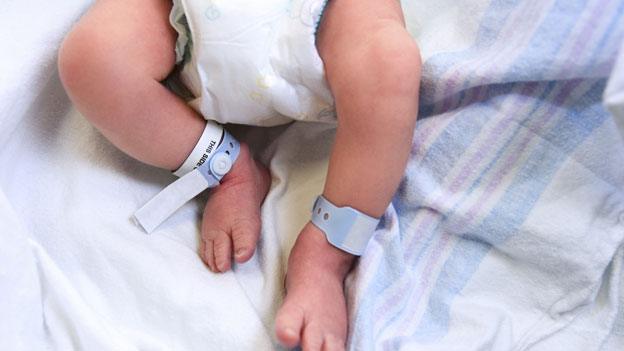
- Published10 October 2012
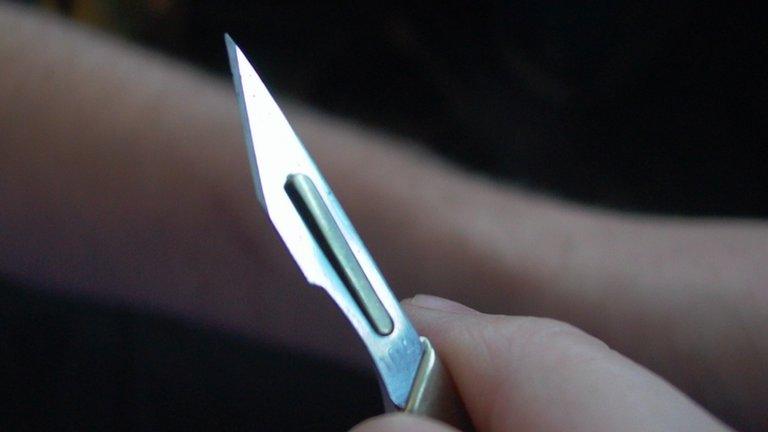
- Published18 April 2016
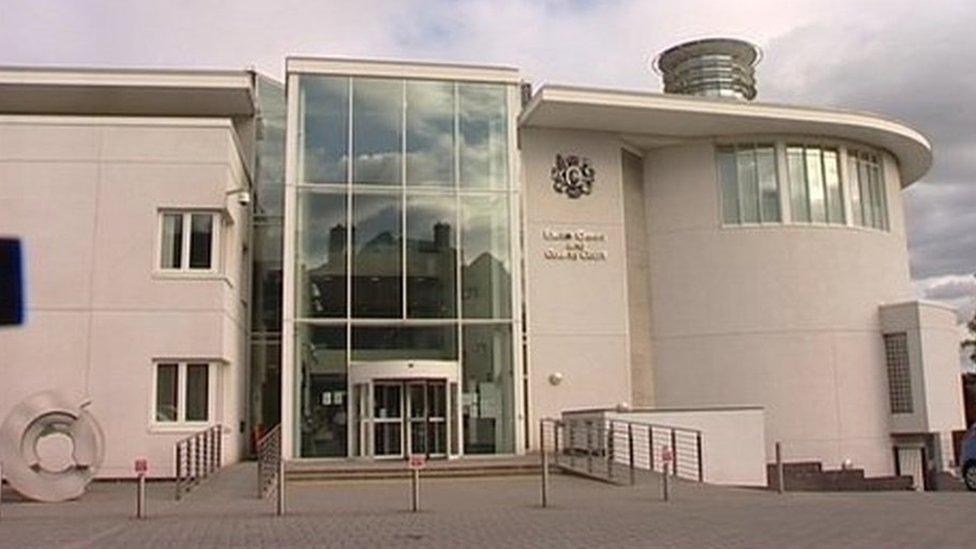
- Published22 June 2017
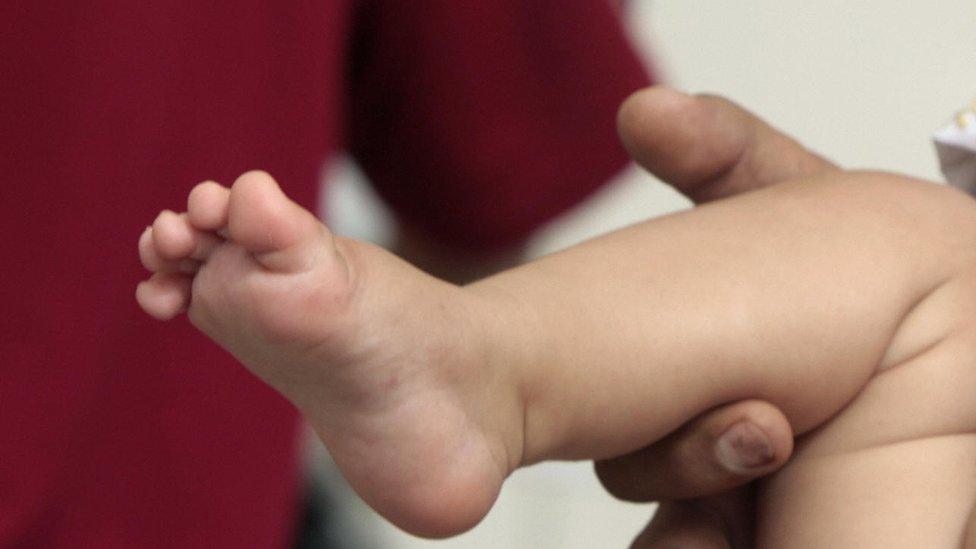
- Published2 June 2017
